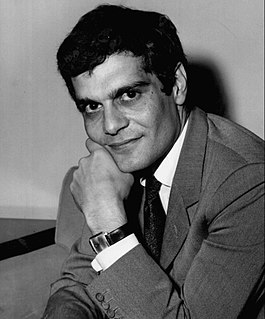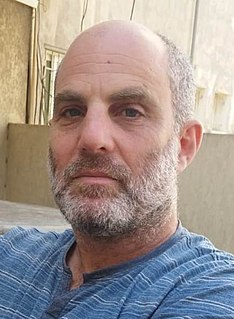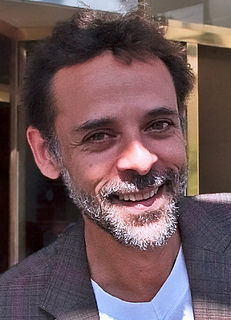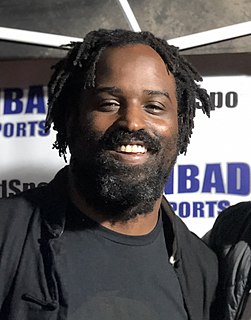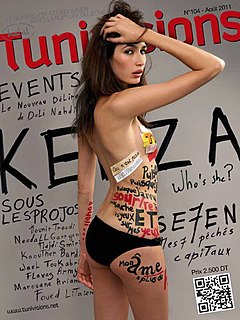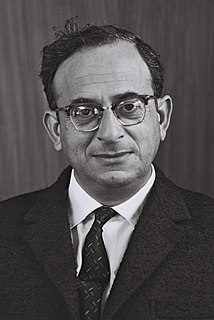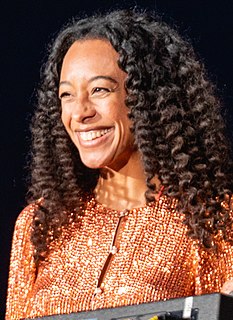A Quote by Omar Sharif
The reason it has relevance is because I, as a popular Arab personality - the Arab people like me and respect me - thought it was time for me to make an ever so tiny statement about what I thought about this whole thing.
Related Quotes
Mubarak would meet with me when I was at Central Command. He would lean and put his hand on my knee, as if a father figure, and say, 'General, don't ever forget the Arab Street. Listen to the Arab Street.' I'd like to go to him now and say, 'Mr. President, what about that Arab Street, what's that all about?'
It was tricky [to write about Israelis], because everyone has an opinion about the Arab - Israeli conflict, and when I first started writing these stories, I was working for an Arab - Israeli human rights group. It was during the Second Intifada. It was this totally violent and intense time, and I think there's a part of me where I don't know how to write about that situation without getting my politics out of my messages, and that's something that was important for me not to do in this book.
Jordan is many different things and there's many different parts of it. We don't ever really get to see a modern Arab city, a part of the Arab world where people are seemingly living their lives like everywhere else and also just a part of the Arab world that's surprisingly Americanized, with fast-food joints everywhere and shopping malls. Over the 30 years I've been traveling there, I really saw it grow and become modernized and much more Americanized in a way that surprised me as an Arab-American.
I think the Arab world has no personality cult situation going on that they have in much of the Western world, South America included. They are a culture of words and religion, and you won't see manycsa charismatic people on Al Jazeera, except for the ones who are now learned presenters. You see Arab leaders getting on TV - which was very hard for me working out how to do the part, since Arab leaders are looking somnambulant, staring into their microphone, almost as if someone's got a hand up their back.
In the past, I think I was scared of showing myself. I thought people disliked me because I received so much hate when I was young. But as I grew older, I realized that there were people who disliked me and people who liked me. So I learned that there was no need for me to be so conscious of what others thought about me.
My whole thing in life is I just want freedom. I thought that money would give me that freedom. I was wrong. It bound me more than it freed me, because now I had more things to worry about, more people asking for money, I thought I had to buy a house and nice cars and different things that people with money are supposed to do.
When I had something I thought God was talking to me about, the first thing I did, before I ever talked to the congregation, was to sit down with the major influencers of the church and share with them what I thought God was speaking to me. I gave them time for input or questions. Many times they would ask questions and I would reply, "I need to spend more time on this. I'm not sure I'm thinking clearly there." Other times they added value and helped make this vision better or more accessible to the people.
